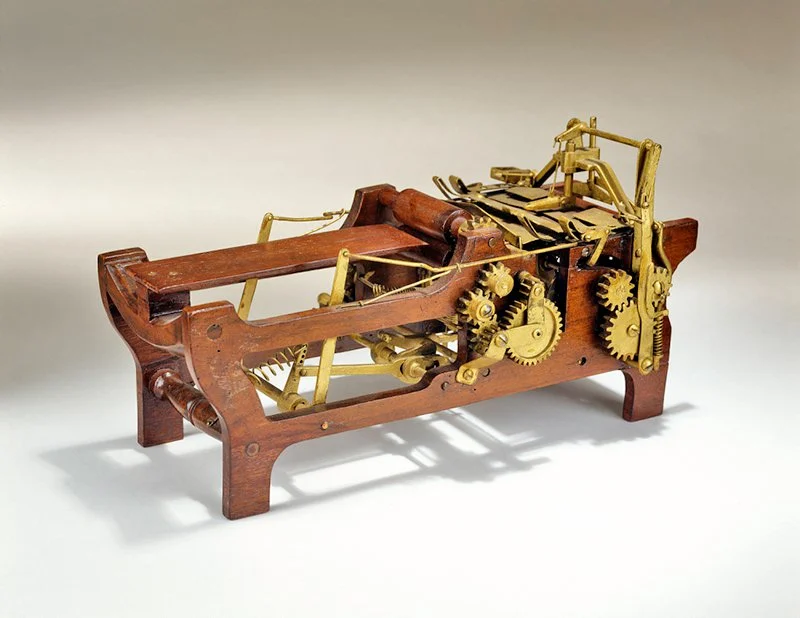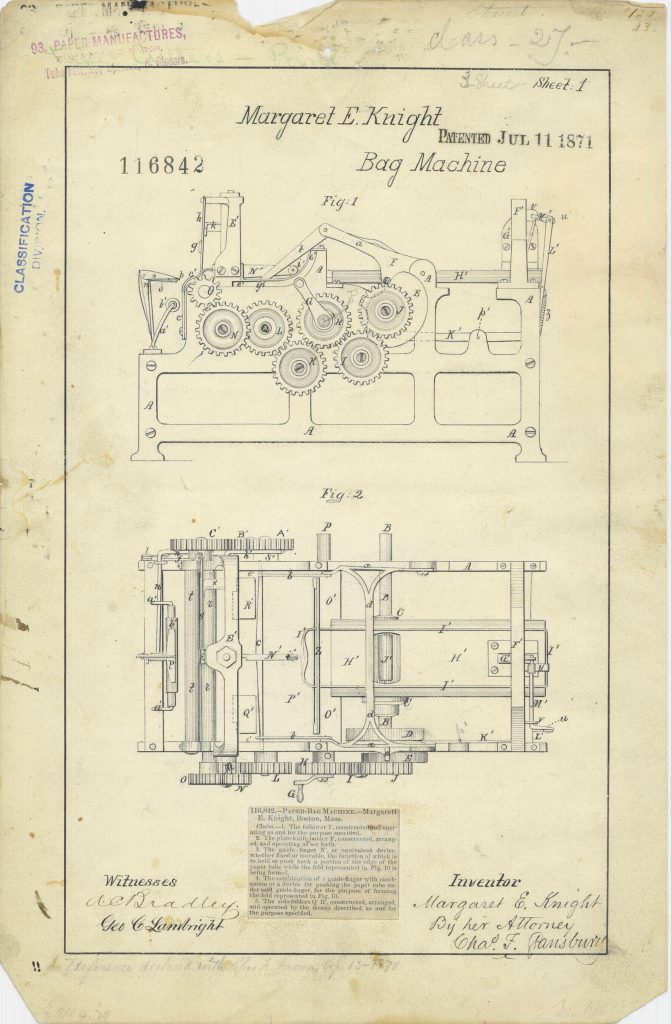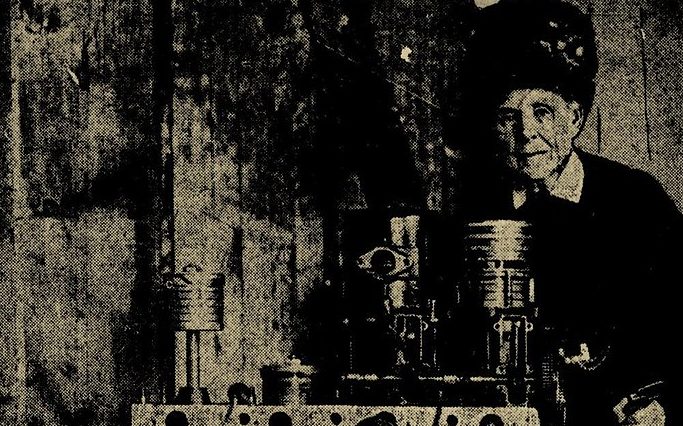The first woman to be issued a patent in an American court, was Margaret Eloise Knight (1838-1914) for a machine for folding and gluing flat-bottomed paper bags.

As a little girl, ‘Mattie’ (as her parents and friends nicknamed her), preferred to play with woodworking tools instead of dolls, stating that “the only things she wanted were a jack knife, a gimlet drill, and pieces of wood. She then made kites and sleds out of wood.
After the early death of her father, Knight was forced to leave school aged 12 and work in the cotton loom mills in her town. After an accident at one of the mills where a shuttle flew off the loom stabbing a worker, she suggested a safety measure that was adopted with no credit to her.
Ill health ended her work in the mills but in order to survive she worked any job she could set her mind to. In 1867, she moved to Springfield, Massachusetts and was hired by the Columbia Paper Bag Company. She noticed that the envelope-shaped machine-made paper bags they produced were weak and narrow – unsuitable for groceries and hardware goods.
The British had been using paper bags since the 1840s and also had machines that made wider bags, however what Margaret Knight was to do was to make a machine that cut, folded, and glued paper to form the flat-bottomed brown paper bags familiar to shoppers today.

The trials to make the machine took three years and in order to obtain a patent a model of the machine was made in iron. During the manufacture, the design was stolen by Charles Annan, who had seen the prototype in the workshop of the company producing it and applied for a patent first. When Knight attempted to patent her work, she discovered Annan’s patent and filed a patent interference lawsuit in the autumn of 1870. She won the claim based on her journals, drawings and witnesses and was granted the patent for her machine. She was not the first woman to be awarded a patent but she was the first to win one in court.
With the patent she teamed up with a businessman and formed the Eastern Paper Bag Company. She received royalties from her invention that were capped at $25,000, around one million dollars today. Knight went on to be awarded another 26 patents and on her death an obituary was headlined as a “woman Edison”.
